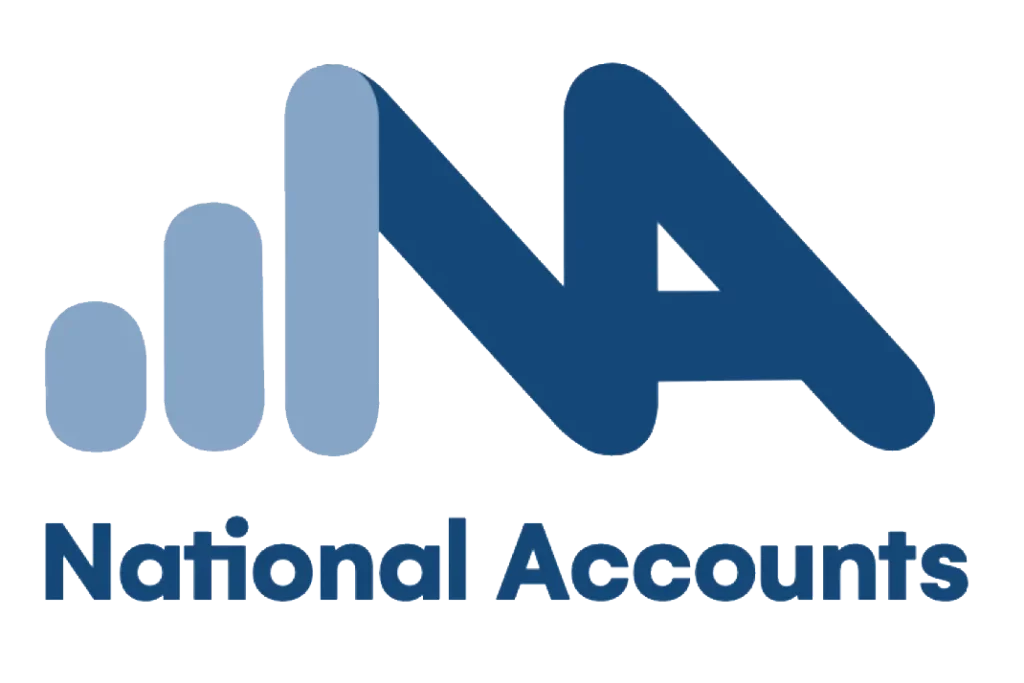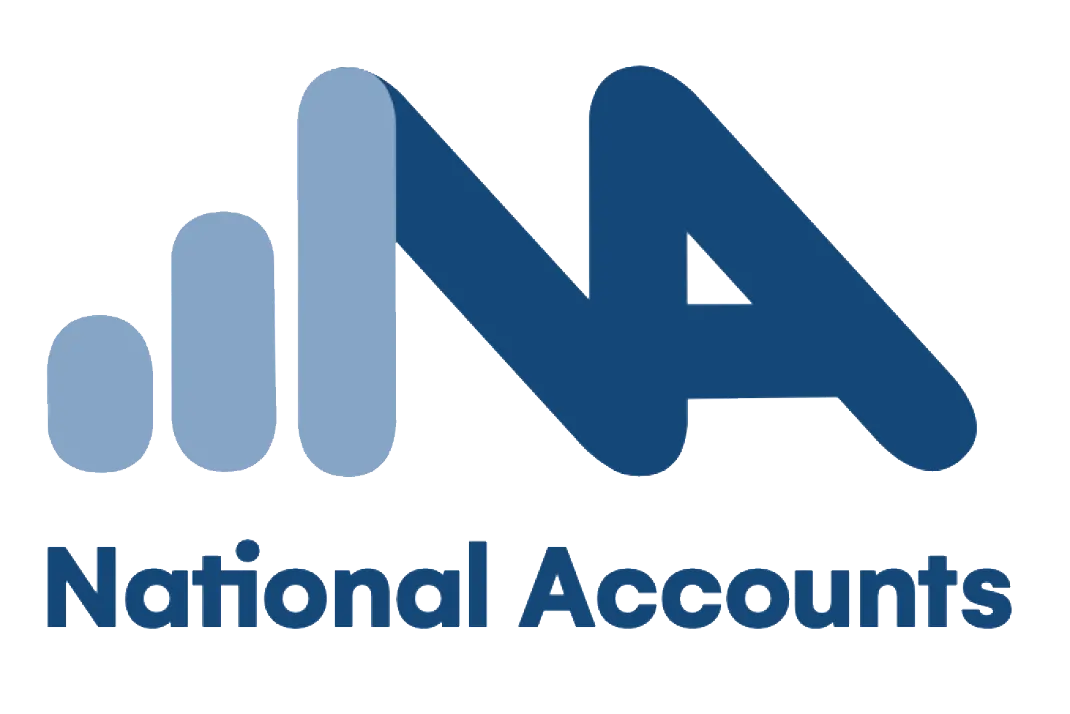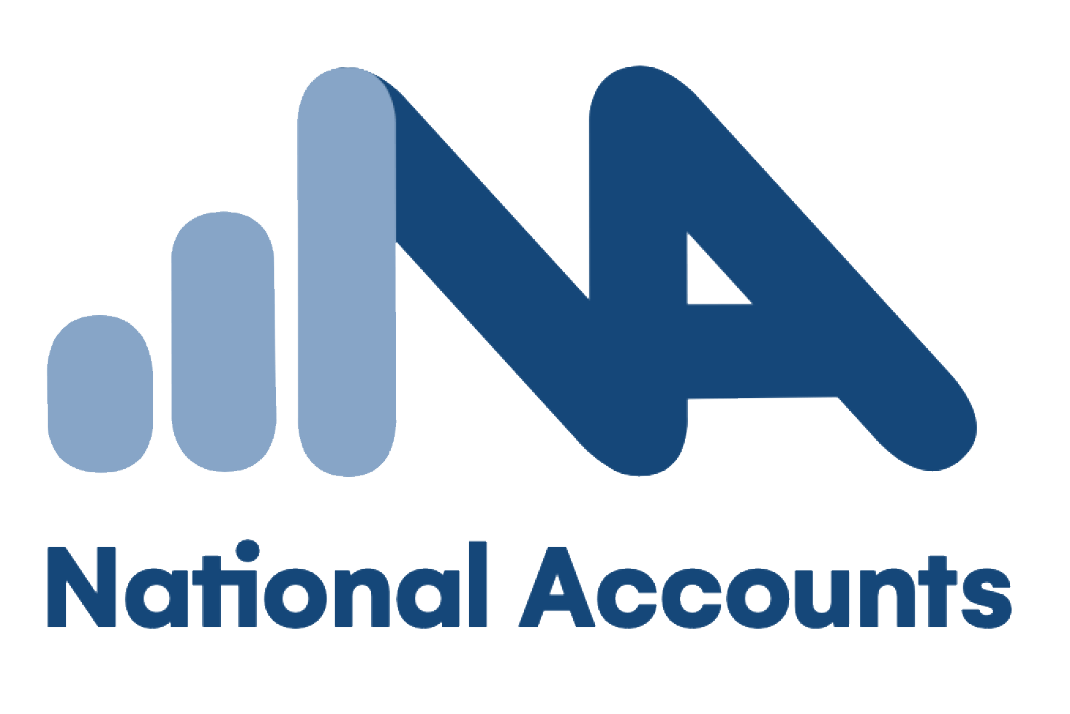Over the past couple of decades, advances in technology have dramatically changed the way we live and work. The accounting industry is no different, with cloud accounting technology now offering accountants more flexibility, control, and efficiency than ever.
What was once done on paper by an office-bound accountant can now be performed online by any accountant, anywhere in the world. This opens up a whole range of possibilities for businesses to operate in a more agile way – quite a desirable advantage in today’s multi-faceted working world!
Accounting software providers such as MYOB and Quickbooks now offer cloud-based options for their software that had to be stored and maintained on expensive local servers not so long ago.
Leading cloud accounting software providers such as Xero, Zoho and Freshbooks have also jumped on the cloud bandwagon, each offering incredible functionality that makes life easier for bookkeepers, accountants, and business owners alike.
So what’s the big deal about cloud accounting? And how can it help your business run better? Let’s take a quick look at cloud accounting, and how it differs from traditional accounting methods.
What is cloud accounting?
Cloud accounting software allows accountants to perform the same functions as in-house methods that have been used over previous years. But it has one difference that results in major advantages – cloud accounting software stores its user data in remote servers online. Or as they say, ‘in the cloud’.
How is cloud accounting different from traditional accounting?
While traditional accounting software has to be kept on a dedicated server and can only be accessed from computers within that office, cloud accounting software is hosted by the software provider on their own servers.
Storing data offsite in a secure online server allows anyone with an account to update and share files quickly, efficiently, and remotely. It’s a total gamechanger, and here’s why.
Reduced costs
Computer servers are expensive to buy and even more expensive to run. They require a great deal of electricity, and when something goes wrong you’re up for potentially hundreds of dollars to call out a tech to fix it.
Cloud accounting software stores user data on their own servers, which they are responsible for running and maintaining. Any problems are their problems to fix.
What’s more, any software updates and server maintenance are handled by the provider as well, and simply built into your cost. Users know exactly what they’ll pay every month, no matter what is happening in the background.
Greater accessibility
Traditional accounting systems are stored on-site, and can only be accessed from computers that are connected to the server. So accountants need to be physically in the office to do their work.
With the nature of work transforming so rapidly in recent years, staff expect to be able to do their work remotely. And they’ll look to work in accounting firms that offer them that flexibility.
Cloud accounting gives everyone the option to work from wherever is convenient to them. Whether you’re at a coffee shop, at home, on the train, or away on a business trip, you can log in and perform your duties from wherever you happen to be.
Data security
While storing data online has its risks, storing it in a server in the back room is far riskier!
Accounting software companies invest millions into keeping their servers updated with the latest encryption to ensure the risk of security breaches are minimised.
Whereas anything can happen to your server in the office. Break-ins, fire, power outages and even an accumulation of dust can leave your precious customer data exposed to great risk of damage or loss.
Cloud accounting software also backs up data regularly, so if your new hire accidentally deletes a file, you can restore it from your cloud backup. Phew!
Enhanced collaboration
Collaboration has always been an essential part of any work endeavour. But as more businesses shift to a virtual workspace model, the days of popping over to someone’s desk to ask a question are pretty much over.
Cloud accounting solves this problem by providing a workspace that can be accessed by any authorised staff, who can comment on and adjust data as necessary.
Cloud-based software also integrates with other software and systems, allowing two different sources of information to access and update different parts of your database as necessary.
Letting your software ‘talk’ to each other reduces the amount of manual input required, as fields can auto populate, reports can be generated automatically, and reminders can help staff keep on track with the business’ financial requirements.
How to decide which software is right for you
Deciding which accounting software is right for your business requires you to consider your own business structure. How does your business currently operate, and can you see this changing in the coming years?
At National Accounts, we are familiar with a wide range of accounting software and systems, and can help you decide which is right for your business, both now and into the future. We can also help you get up and running with your software efficiently and train you how to use it.
If you’re wanting to switch your current accounting software, or are simply looking for a better way to achieve your business goals, contact our friendly team about your options.




